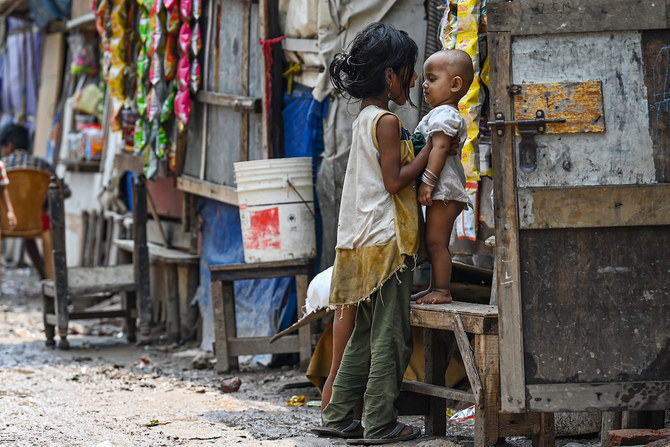LONDON: The UK is providing £11.6 million ($14.7 million) in humanitarian aid to Rohingya refugees and disaster-affected communities in Bangladesh.
The new finance package includes £8 million to provide food to 546,100 Rohingya refugees and £2 million to provide water, sanitation and hygiene services to 46,000 Rohingya refugees, as well as child protection services to 5,700 refugees and host communities.
In addition, £1.6 million will go toward provide humanitarian support to people affected by disasters across Bangladesh over the next two years, if they occur.
British High Commissioner to Bangladesh, Sarah Cooke, announced the UK support during a visit to Cox’s Bazar.
“The UK stands with Rohingya refugees and all communities affected by disasters across Bangladesh,” Cooke said.
She added: “The UK thanks Bangladesh for its continued hosting of Rohingya refugees and remains committed to supporting the government to find a sustainable solution to the Rohingya crisis.
“In the interim, we are providing vital humanitarian services through this support, including £8 million of food support following the deeply concerning ration cuts in the camps earlier this year.
“This new package of support will also help Bangladeshi communities across the country respond to the impact of natural disasters, which can devastate wellbeing and livelihoods. This builds on the government of Bangladesh’s impressive work in this area, and the UK’s longstanding support to disaster preparedness and response in Bangladesh.”
Since 2017, the UK has provided £362 million in humanitarian support to Rohingya refugees and host communities in Bangladesh.




























